Author: Nouman Ali Khan & Sharif Randhawa
Publisher: Bayyinah
Pages: 285
Binding: Hardcover
ISBN: 978-0-9977150-3-3
About the Book: The Quran, the sacred scripture of Islam, is revered as the spoken word of God by approximately one-fifth of the world’s population. Since its inception, the power of the Quran has derived not only from its message, but also from the inimitable literary style and rhetorical impact that the Arabic scripture has on its audiences.
Divine Speech: Exploring the Quran as Literature attempts to make some of the most recent Arabic and European-language scholarship on its literary features accessible to a wider, English-speaking audience. These features include its language and word choice, its use of figures of speech and other rhetorical devices, its manner of narrating parables and stories, and the structure, coherence, and the order of its “chapters”-aspects that typically remain mysterious to readers of English translations of the text. Divine Speech furnishes its readers with a better appreciation of the Quran from a literary perspective, and in the process stimulates interest in, and provides tools and resources for, further study of the scripture.
Divine Speech allows Muslims and non-Muslims to read, study, and appreciate the scripture and its message on equal footing and using the same tools of analysis, without demanding any prior faith commitment.
Excerpts from the Book:”Since the Qur’an is a revelation intended for people of all times and places until the Day of Judgment, a miracle that could only be witnessed and experienced for a single generation would not be sufficient. Instead, the miracle had to be intrinsic to the message itself, so that it could be continually examined and experienced by later generations” (pg. 6)
“We will look at examples of how words are carefully selected (chap. 2) and ordered (chap. 3) in the Qur’an to form patterns or to convey subtleties of meaning; the use of calculated shifts in person, number, and tense in the Qur’an (chap. 4); its masterful use of Arabic grammatical and rhetorical devices (chap. 5); its rich use of figurative language and imagery, including similes, metaphors, idioms, and parables (chap. 6); and the functions of oaths, a common literary device in the Qur’an (chap. 7).”(pg. 29) “It (the Qur’an) routinely changes from one topic to another, without preparing the reader, and oftentimes without an immediately obvious connection between the two topics. This style is often disenchanting to the modern reader, who sees it as random, disorderly, and poorly composed. As the reader may have come to expect by now, beneath this apparent randomness in fact lies a stunning degree of order, consistency, and design.” (pg. 57)
About the Author: Ustadh Nouman Ali Khan was recently listed among the top 500 most influential Muslims in the world. He is the CEO of Bayyinah Institute and through it he has been furthering the cause of Qur’an awareness and Arabic education throughout the world. With social media following in the several millions, he continues to leverage his world wide reach to promote a better understanding of the Qur’an based on rigorous research yet easy to understand language. He has already completed a video translation of the entire Qur’an and is now dedicated to completing an exhaustive tafsir over the course of the next few years. He respectfully asks for your prayers in order for him to complete this noble mission.
Based on 3 reviews
Add a review
| Weight | 0.74 kg |
|---|---|
| Dimensions | 16 x 24 x 3 cm |



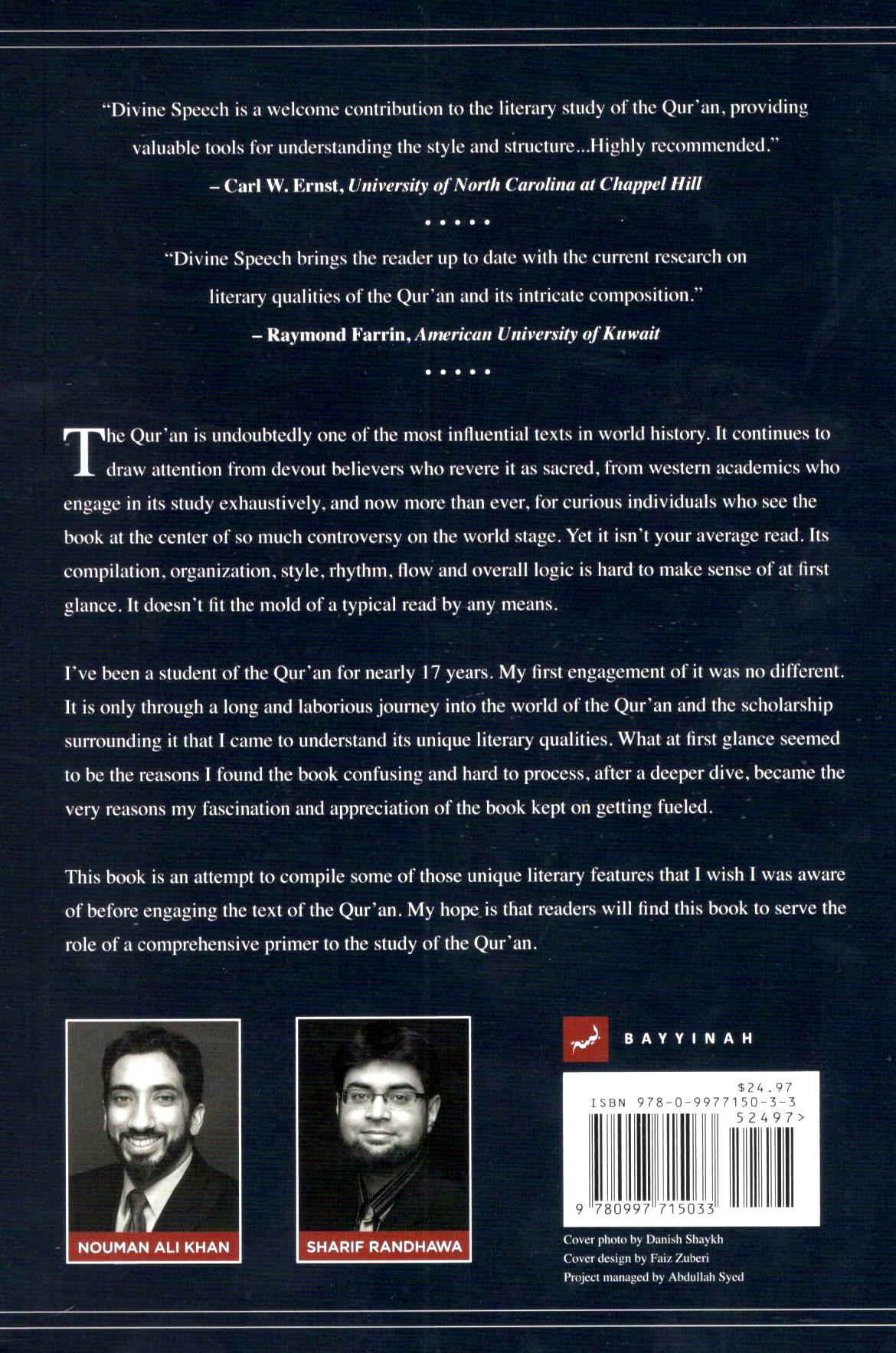

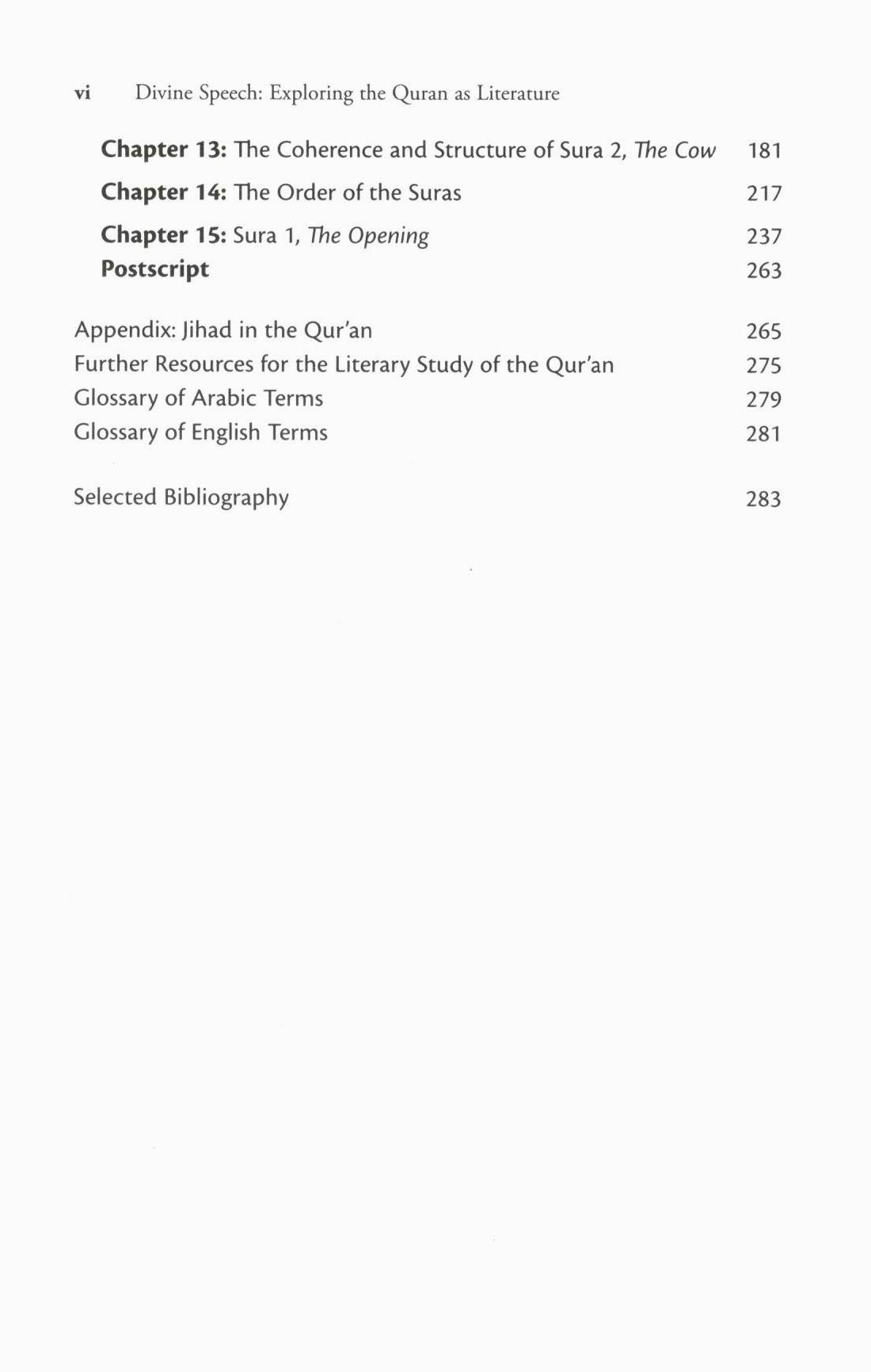
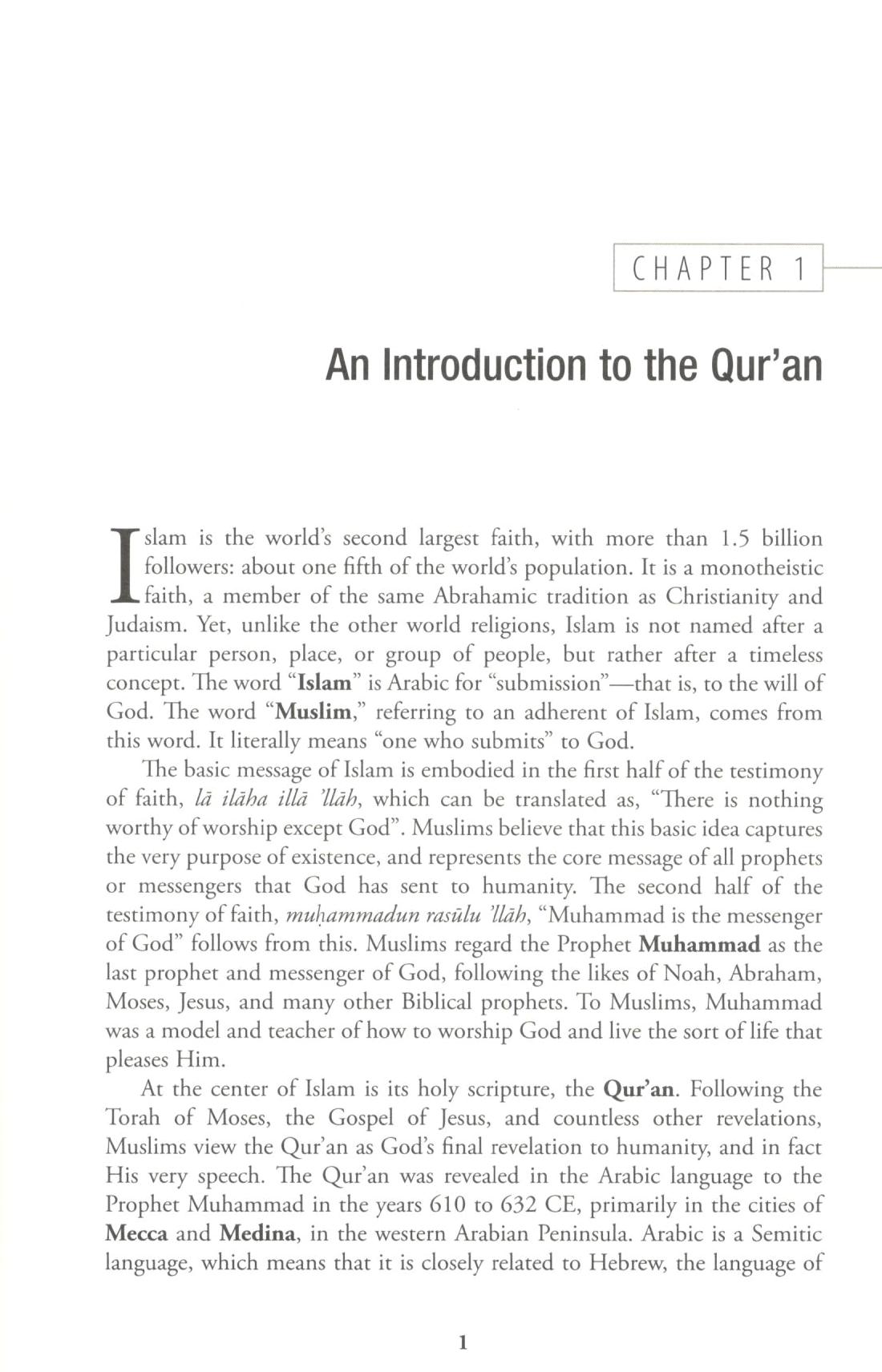
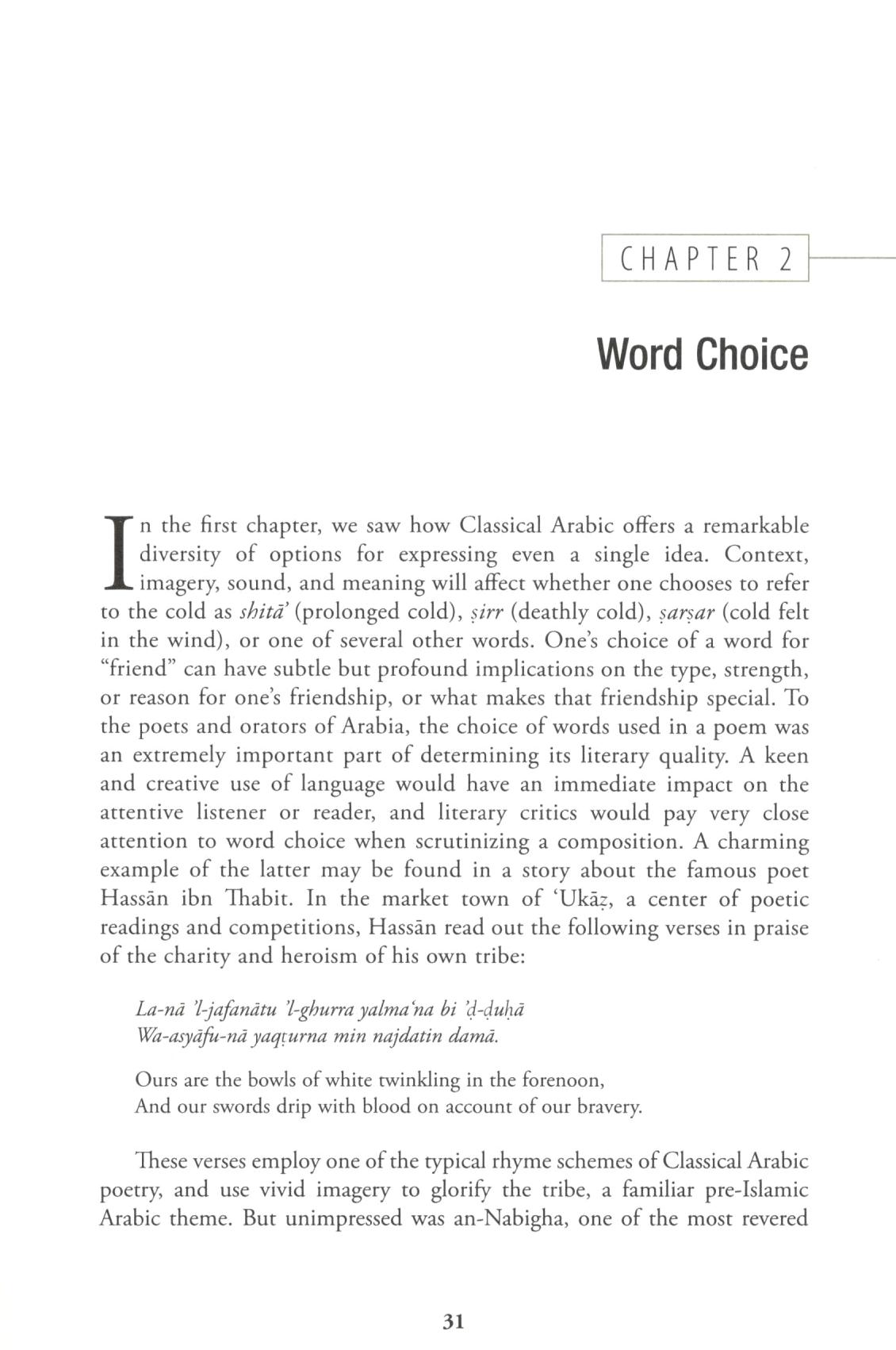
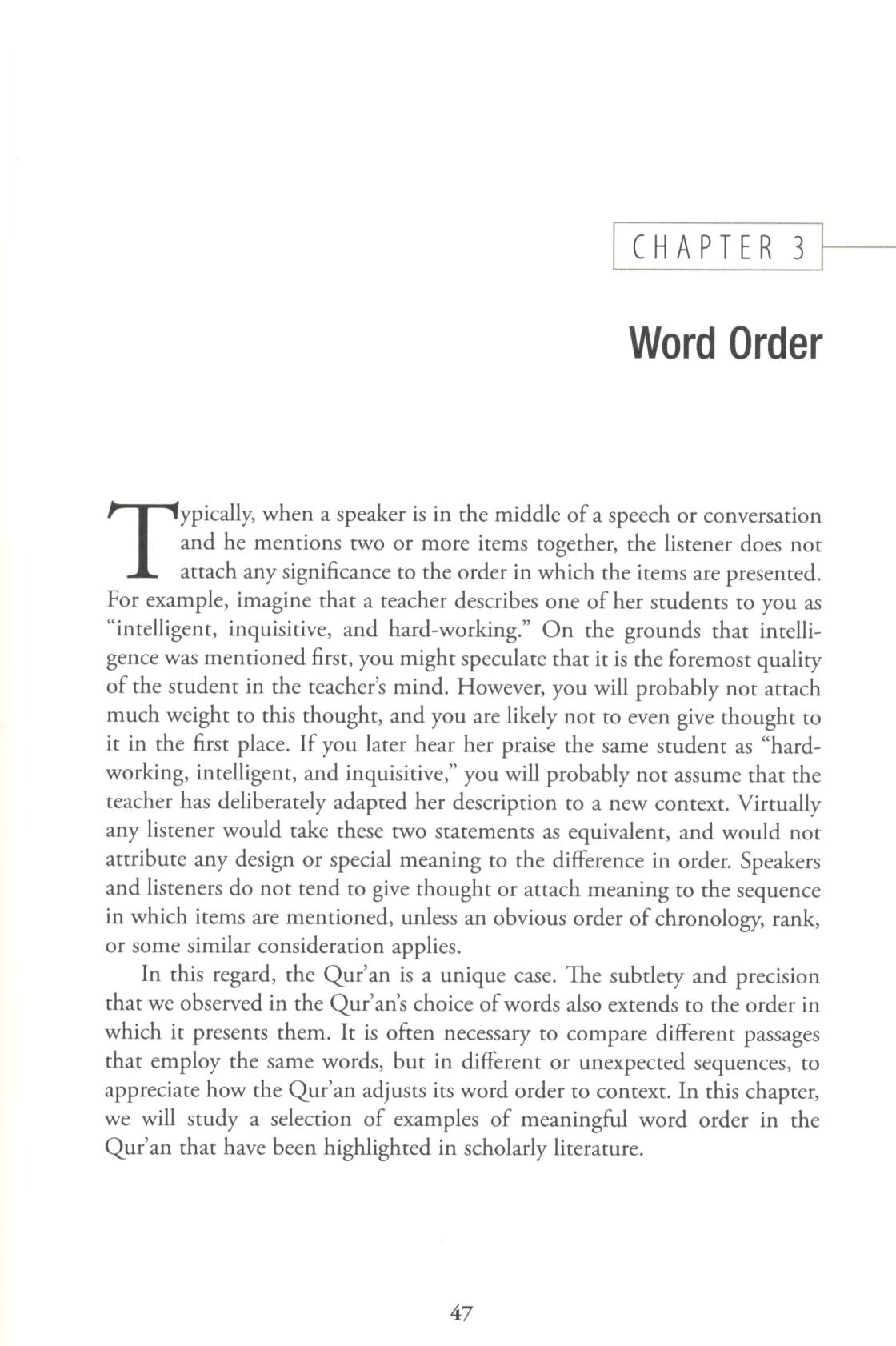
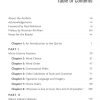
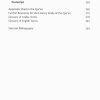
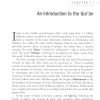
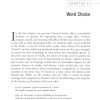
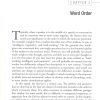
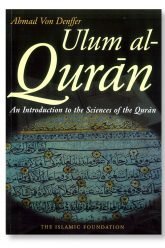
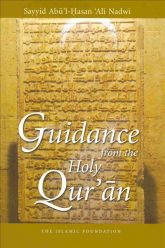
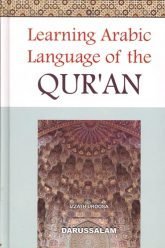
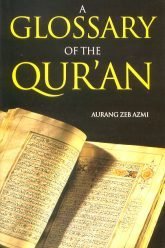
Hina Sami –
Amazing book that must be read by anyone who wishes to build a deeper relationship with the Quran. Ustadh Nouman continues to be an inspiration for every seeker of knowledge.
Hina Sami –
Shanzay Kiani –
The best book ever….. Such a comprehensive book dealing with technical literary aspects of Quran… Explained in an easy simplified language
Shanzay Kiani –
Shanzay Kiani –
It’s a very deep and intensive study of Quran beautifully written… It is so well written that the reader can not stop reading and praising the miracle of Quran…. Beautifully written in Ustad Nouman’s writing…. A must read for all Quran lovers….
Shanzay Kiani –